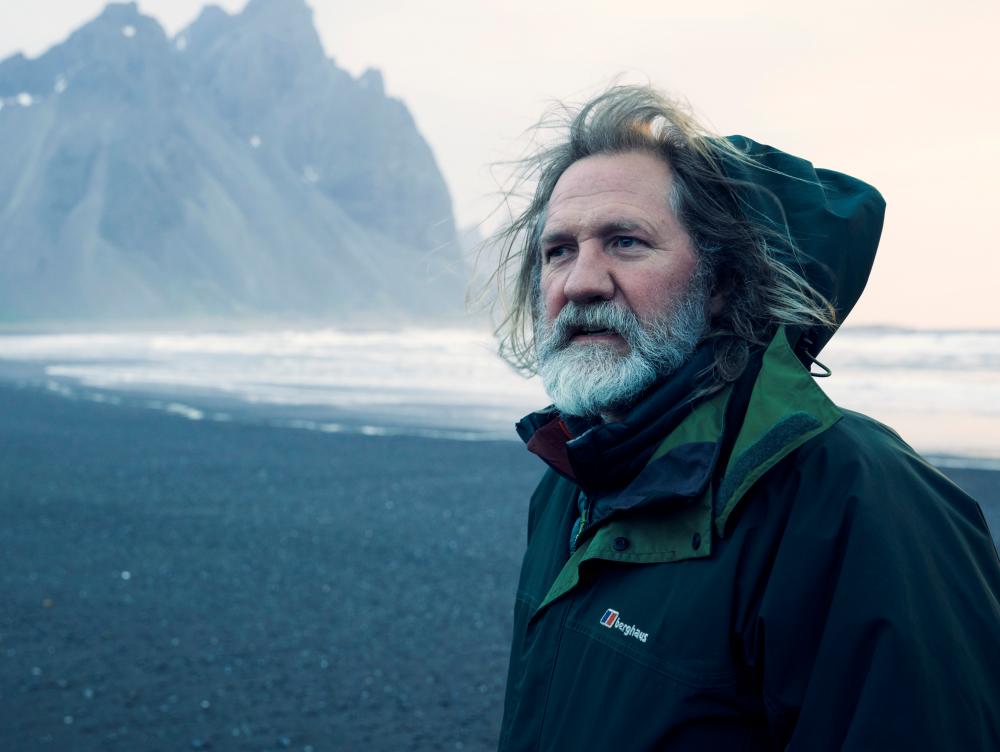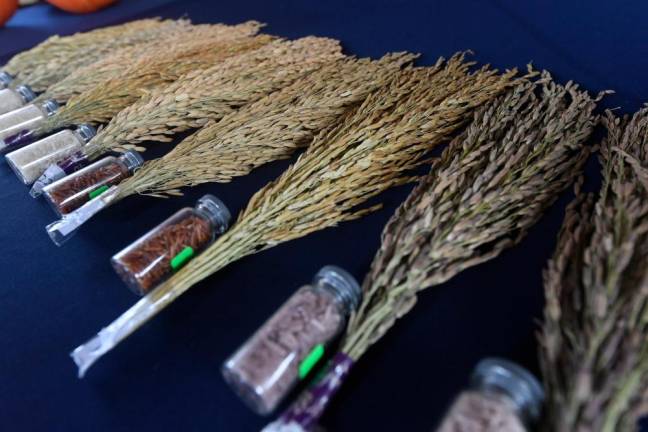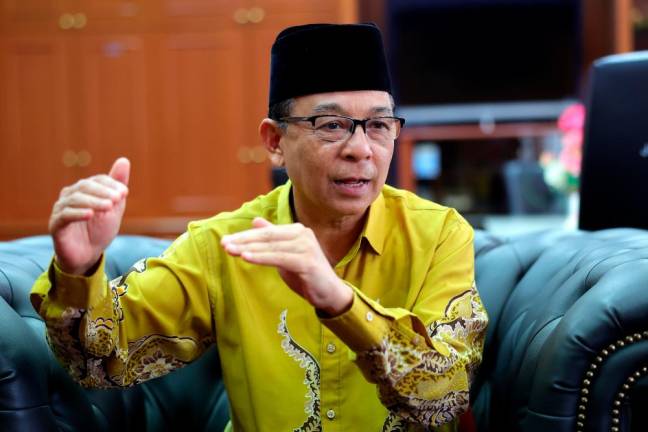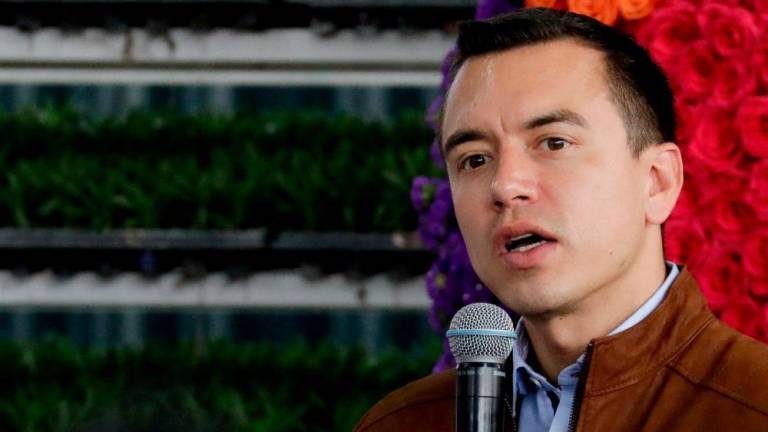THE veteran of the BBC Studios’ Natural History Unit, Scott Alexander said that his latest show Seven Worlds, One Planet, reminds us how nature still holds a great many stories and surprises.
From producing a live TV show from the middle of the Masai Mara for Big Cat Live to the award-winning children’s wildlife series Deadly60, Scott Alexander has done it all while at the BBC Studios’ Natural History Unit.
He has even directed Sir David Attenborough on the Bafta-winning landmark series, Life In Cold Blood.
Yet, after two decades, Alexander still finds telling stories about the natural world exhilarating. “I still get really excited by finding new stories but even the smaller stories and the stuff that’s close to the home I find thrilling,” he says in an interview.
His latest production for BBC is Seven Worlds, One Planet. Of course the face of the show is none other than the legendary Attenborough.
“This is the first time we’ve done a series based on the seven continents at a time when the biodiversity of each of the continents is at its greatest,” says Alexander.
“ It comes at a pivotal moment because we could be entering biodiversity’s fastest decline - the sixth extinction. Normally we’ve broken up the natural world by habitat: this is an entirely new way to look at the planet.”
He describes the show as a wildlife behavioural show. “We went out looking for the newest and latest stories, new species, new behaviours. Even where we show animals that you’ve seen before hopefully they will be doing things you haven’t seen them doing before”.
Even in Africa, a continent whose wildlife coverage has been so expansive and thought to be exhaustive still holds surprises. “Africa has been covered previously in blue chip natural history programming, so our challenge was to find those stories that people hadn’t seen before.”
“The one I really like is the elephant story. Everyone’s seen elephants, but we’ve shown two particular elephants that have learnt to stand up on their back feet and balance so they can reach higher up into the trees and get those last bits of fruit that no other elephants can reach. That’s very helpful in times of drought, and it’s astonishing to see.”
“Or there are the cheetahs. We’ve got a cheetah coalition of five, five cheetahs that have come together and they work as a team. It’s the biggest and longest-lived coalition of cheetahs ever recorded, and it proves that even the continents that we’ve been to before can still surprise.”
Seven Worlds, One Planet consists of seven standalone films, one for each continent. Naturally, geological differences between each land mass play a role in the story.
“The best example is Asia. India used to be its own separate continent, but it drifted along and crashed into Asia millions of years ago. Where those two met, that created the Himalayas and the Himalayas now defines that continent to a great degree,” says Alexander.
“To the north, it’s barren, dry, and cold yet to the south of the Himalayas it’s warm, wet and humid – these mountains have created a continent of two halves.”
When asked what the latest technologies he uses to make the show possible are, Alexander says: “One thing that I was really keen on for this series was to make sure we used drones as much as we could.”
“I made sure that when we first started every team had a member who was trained to be a drone pilot and we’ve taken drones out on every shoot we can.
“It wasn’t just about showing amazing landscapes, it was about getting behaviour that we hadn’t seen because the drones are quieter now, they fly for longer, the quality of the cameras on them is 4K.”
Seven Worlds, One Planet is currently being shown on BBC Earth (channel 501 on unifi TV).













